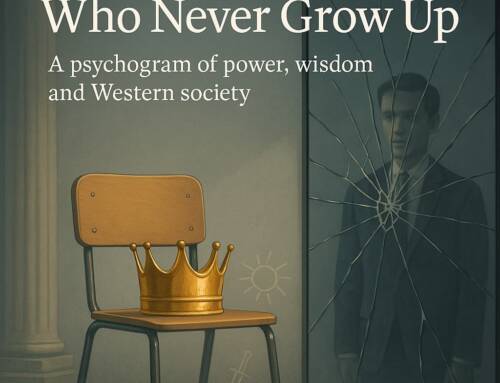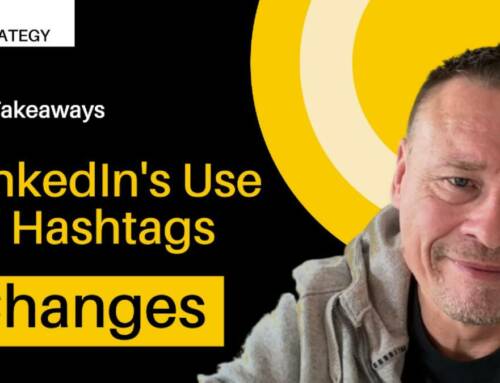In the age of information overload, people struggle to have meaningful conversations. Read on to become more aware of how you’re making conversations all about yourself.
Cause and Effect
The world today is consumed by an endless amount of information.
Ivy Wigmore, a former content editor on WhatIs.com, for example, argues that “information overload reduces our capacity to function effectively, which can lead to poor decisions in both work and life as well as the inability to make decisions, which is sometimes referred to as analysis paralysis.”
In terms of impact on businesses Valène Jouany and Kristina Martic believe that information overload
Ann Wylie has a great summary of data in her blog piece “What is information overload in communication?” She quotes a report by the University of Southern California’s Institute for Communications Technology Management as saying that we consume, on average, 63 gigabytes of media a day (it refers to Americans I presume).
Now, that said, I personally observe that overload seems to have created some negative impact on how people communicate. Due to the constant access to information, people seem full of information, struggling to find an outlet to release it. This struggle has become a common problem in interpersonal communication, where individuals tend to shift the focus onto themselves and their own experiences, rather than actively listening to what others have to say. It often shortens moments of joy in conversations and leads to unnecessary communication breakdowns.
A Funny Story
To illustrate this point, let’s look at a funny story. The other day, I was having a conversation with a friend who lives in another country. As I was trying to quickly Google something, the speech recognition software on my phone misinterpreted what I said and produced a naughty interpretation of what I was looking for. Nothing really extreme. My wife found the story amusing and joined me in the fun.
Later I wondered what would have happened if I had shared the story with other people maybe standing together at a function. My experience is that in such cases, the laughter would likely have been much more short-lived, as someone surely would have shifted the focus to their own similar experiences with speech recognition.
In a similar fashion, people at parties bring up subjects that others sort of “conclude” in an instant. I have been in situations where every possible and completely enjoyable subject for a talk was burned up like a straw fire in intervals of no more than a minute or two, leaving everybody struggling with no nothing else to say. Or, maybe some of the people were holding themselves back to not waste their subject in this circle.
The Negative Effects of Conversational Narcissism
The tendency to make conversations about oneself is known as conversational narcissism. It occurs when people are unable to resist the urge to share their own experiences, even if they are not relevant to the topic at hand. This behavior is not only irritating but obviously also has a negative impact on interpersonal communication.
The Art of Listening
To overcome this negative effect of conversational narcissism, it’s important to actively listen to others during conversations. By being present in the moment and focusing on what the other person is saying, individuals can have more meaningful conversations. Rather than waiting for an opportunity to share their own experiences, people should allow others to express themselves fully and listen without judgment.
So what now?
The art of communication requires individuals to actively listen to one another and avoid the negative effects of conversational narcissism. In today’s world, where information overload is rampant, it’s essential to remind ourselves to allow others to express themselves and be present in the moment. By doing so, we can have more meaningful conversations and build stronger relationships with those around us. Plus, we can enjoy the funny point of stories much longer when we join them in their story before we ultimately share ours — if wanted.






Leave A Comment